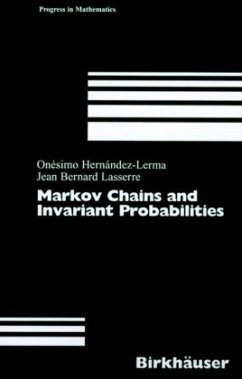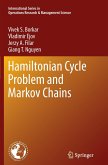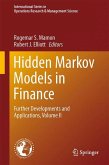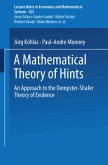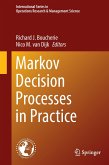This book is about discrete-time, time-homogeneous, Markov chains (Mes) and their ergodic behavior. To this end, most of the material is in fact about stable Mes, by which we mean Mes that admit an invariant probability measure. To state this more precisely and give an overview of the questions we shall be dealing with, we will first introduce some notation and terminology. Let (X,B) be a measurable space, and consider a X-valued Markov chain ~. = {~k' k = 0, 1, ... } with transition probability function (t.pJ.) P(x, B), i.e., P(x, B) := Prob (~k+1 E B I ~k = x) for each x E X, B E B, and k = 0,1, .... The Me ~. is said to be stable if there exists a probability measure (p.m.) /.l on B such that (_) VB EB. /.l(B) = Ix /.l(dx) P(x, B) If (_) holds then /.l is called an invariant p.m. for the Me ~. (or the t.p.f. P).
Hinweis: Dieser Artikel kann nur an eine deutsche Lieferadresse ausgeliefert werden.
Hinweis: Dieser Artikel kann nur an eine deutsche Lieferadresse ausgeliefert werden.

